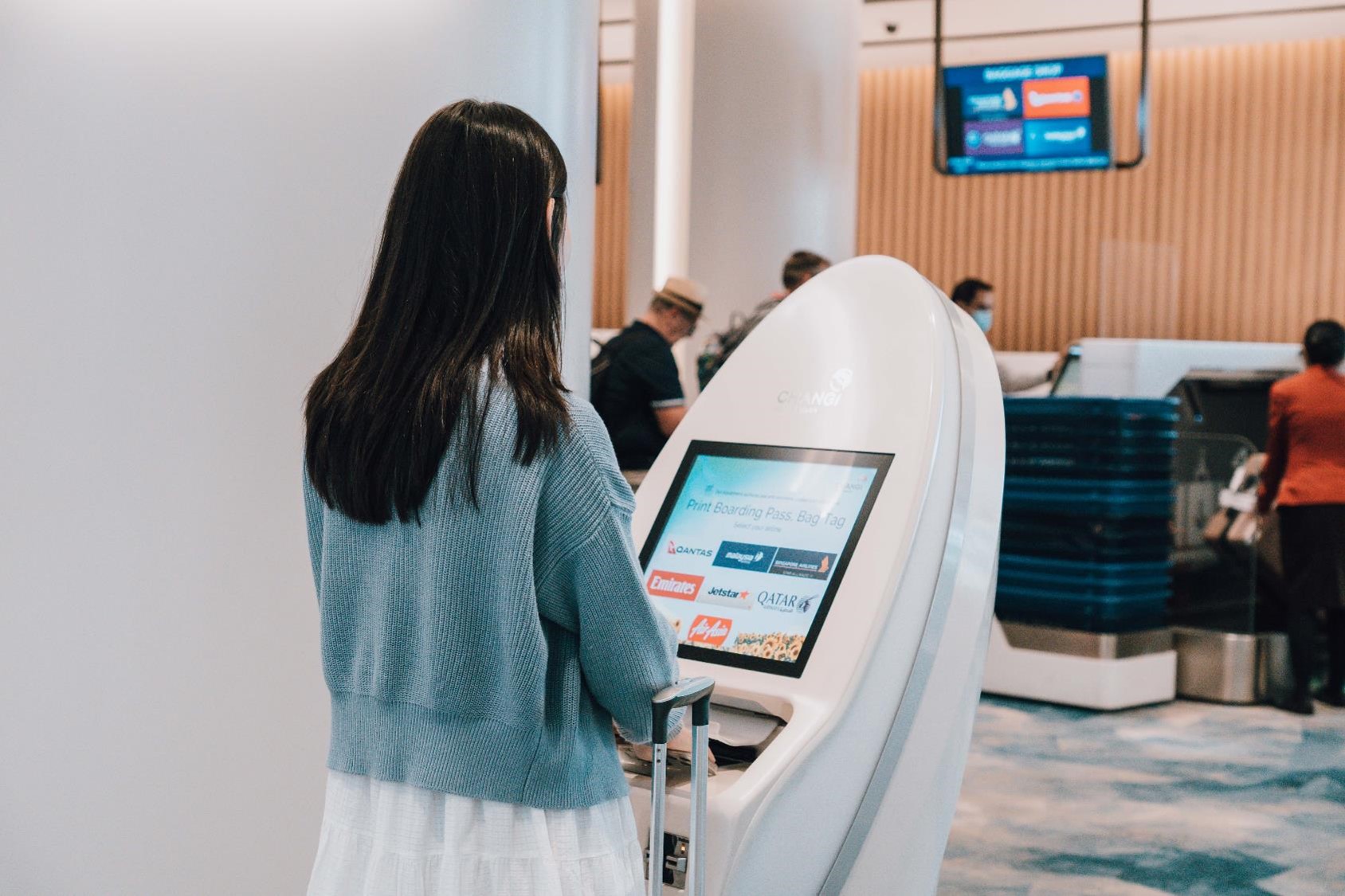In 2025, travel has become faster, more connected, and more complex than ever before. From AI-powered trip planning to biometric airport tech and the rise of eco-friendly travel, the rules of the road are changing. Whether you’re a seasoned globetrotter or planning your first big trip in years, being travel-smart is no longer optional; it’s essential. These 10 smart travel tips for 2025 help you save time, cut costs, avoid headaches, and make the most of every journey this year. Stay ahead of the curve and travel like a pro.
1. Leverage AI for Personalized Travel Planning
AI revolutionizes how we travel. Use tools like Google Gemini, Hopper, and Kayak AI to instantly generate custom itineraries, compare flight deals, and get destination suggestions tailored to your interests and budget. Planning has never been so fast or so smart.
2. Book Flights Early to Beat Price Hikes
Flight prices in 2025 are highly dynamic. With fewer ultra-low-cost options and demand rebounding globally, booking 6–8 weeks in advance (or more for international trips) locks in the best fares. Set fare alerts to track price drops and jump on deals as they happen.
3. Use a Digital Wallet for Seamless Travel
Say goodbye to paper boarding passes and fumbling for hotel confirmations. With Apple Wallet and Google Wallet, you can store everything from e-tickets to contactless payment methods and transit passes. It’s the ultimate tool for streamlined, touch-free travel.
4. Pack Light with a Versatile Travel Capsule Wardrobe
Airlines are stricter than ever about baggage rules, and those fees add up fast. Stick to a capsule wardrobe: a small, interchangeable collection of versatile, neutral clothing that works across multiple outfits and climates. Use compression packing cubes to maximize space and stay organized.
5. Download Offline Maps and Translators Before You Go
Even in hyper-connected 2025, internet access can still be unreliable in rural areas or inside certain airports. Pre-download Google Maps offline regions and use tools like DeepL or Google Translate for real-time, offline language support. It’s peace of mind in your pocket.
6. Use Smart Tech for Health and Safety
Modern smartwatches offer more than fitness tracking; they also serve as excellent tools for emergency alerts, location sharing, and health monitoring. For solo travelers or anyone venturing off the beaten path, wearable tech proves to be a low-key lifesaver.
7. Book Sustainable Travel Accommodations
Sustainability is no longer a trend; it’s a necessity. Look for accommodations with eco-certifications like Green Key or EarthCheck. Platforms like Booking.com and Airbnb let you filter for eco-friendly hotels and stays, helping you reduce your footprint without sacrificing comfort.
8. Switch to E-SIMs for Instant Global Connectivity
Physical SIM cards are old news. E-SIM technology lets you activate a local or international data plan in seconds, with no store visits required. Use apps like Airalo or Holafly to stay connected as soon as you land, often at a fraction of roaming costs.
9. Take Advantage of Biometric Airport Check-Ins
Major airports around the world roll out biometric identification systems that use facial recognition for faster, touchless boarding. Enroll early via your airline or a service like CLEAR or Global Entry to skip lines and move through security in minutes.
10. Invest in Flexible Travel Insurance
Disruptions from weather to political unrest still occur in 2025. Choose travel insurance that includes “cancel for any reason” (CFAR) coverage and flexible rebooking. Many top providers now offer easy digital claims and 24/7 support via app.
2025 Is the Year to Travel Smarter
Travel in 2025 is powered by innovation, but it still rewards those who plan ahead. By using the latest digital tools, staying flexible, and prioritizing both safety and sustainability, you can turn any trip into a smooth, stress-free experience. These travel tips aren’t just smart; they’re essential for navigating the new world of travel. Wherever you’re headed next, bring these strategies with you and make every journey count.
Feature Image via: Hard Rock Hotel Maldives








